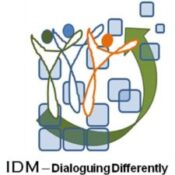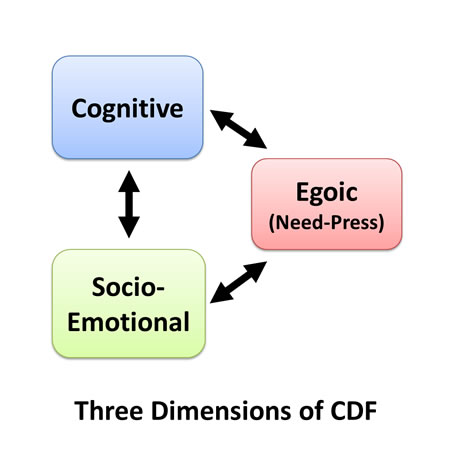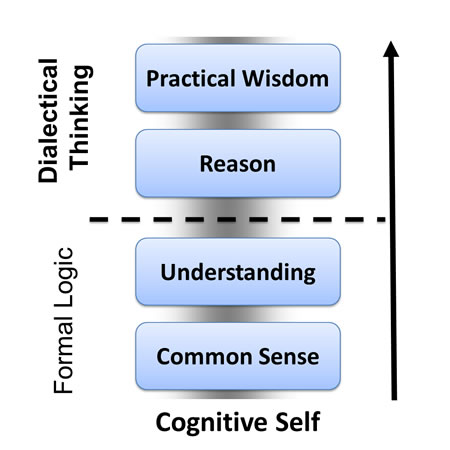What Coaches Should Know About Their Clients
This text highlights the main benefits of integrating research in adult development into executive coaching practice. Reading the text from a coaching point of view will be a first step to the practice of developmental coaching, with a focus on working withhigher level executives. The text refers to CDF, the Constructive Development Framework. Introduction to...



